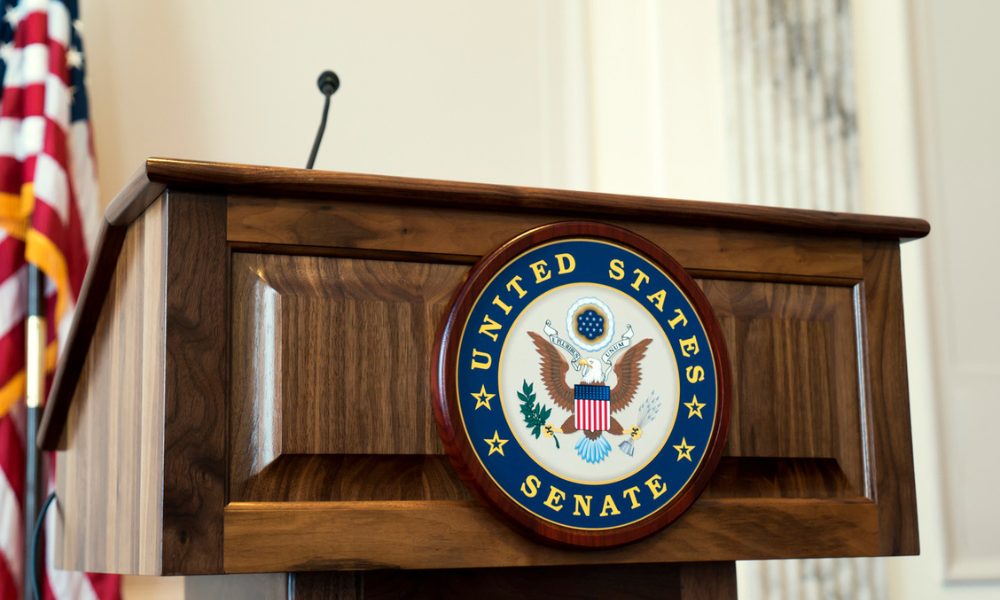
The program allows the conduct of surveillance abroad using data from US digital infrastructures

The U.S. Senate voted to reauthorize the contentious surveillance program under the Foreign Intelligence Surveillance Act (FISA), just hours before its scheduled expiration, Reuters reported.
The passage of s. 702 of FISA, crucial for U.S. foreign intelligence operations, was met with bipartisan support in the Senate, despite ongoing debates over privacy implications. Senate majority leader Chuck Schumer emphasized the importance of the program, stating, "Democrats and Republicans came together and did the right thing for our country's safety. We all know one thing: letting FISA expire would be dangerous. It's an important part of our national security, to stop acts of terror, drug trafficking, and violent extremism."
Jake Sullivan, White House national security adviser, described the legislation as one of the most vital tools for intelligence collection in the United States, highlighting its role in tracking enemy spies, rogue hackers, and extremist militants.
The program allows American intelligence agencies to conduct surveillance of foreigners abroad using data from U.S. digital infrastructures, such as internet service providers. However, Reuters reported that FISA has faced scrutiny from both sides of the political aisle. Critics argued that it infringes on Americans' constitutional rights to privacy, given that the surveillance often captures communications involving U.S. citizens without a warrant.
This criticism led to the program being blocked three times in the past five months by House Republicans who defied their party line. The bill finally passed the House with a vote of 273-147 after its reauthorization period was reduced from five years to two years, reflecting growing concerns over privacy and oversight.
The debate has intensified following recent revelations that the FBI utilized these surveillance powers to investigate matters unrelated to national security, such as Black Lives Matter protests and political campaign donations. These actions have fueled bipartisan alarm over the program's reach and the potential for abuse.
Supporters of the reauthorization argued that failing to renew the program could leave the nation vulnerable to security threats. Meanwhile, opponents continued to express concerns about the erosion of privacy rights and the need for stringent oversight to prevent misuse of surveillance capabilities.